Woman with stage 4 cancer has welfare benefit stopped after falling ill abroad

A woman with stage 4 colon cancer has had her universal credit payments stopped and is at risk of losing her home after she fell ill while visiting family abroad to tell them about her diagnosis.Ana Paula Cabral, 65, who moved to the UK from Portugal eight years ago, started receiving universal credit (UC) in July as she was unable to work after her cancer diagnosis, which required extensive chemotherapy.Her payments were abruptly stopped in September after she fell seriously ill while in Portugal, with the Department for Work and Pensions (DWP) saying she was no longer eligible as she had been out of the country for more than a month.With a significantly reduced income, Cabral said she feared she would lose her London home as she was unable to pay her rent and bills, which may mean she is forced to give up her job at a nearby homewares shop.“I’m supposed to pay the rent and all my bills but I am not going to be able to pay.
I’m really broke,” she said.“With this decision about my universal credit, I’m on the brink of losing my flat.I have a dignified life with a small apartment with my little things, it’s my comfort.And I’m on the brink of losing all this because if I don’t pay the rent, I’ll be kicked out.“I’m so very disappointed because I was so happy in the UK.
I have never asked for any help, only now because I have cancer and I need it.I have never even taken a sick day in the eight years I have worked there.”Cabral, who moved to the UK to be closer to her daughter after the death of her husband, said she consulted with doctors at Guy’s hospital in London before travelling.She was given the go-ahead to travel to Portugal on 2 August to tell her family members, including her children, about her condition.“I asked permission from my cancer team if I could come to Portugal to tell my family, because this is the kind of news you don’t say by phone,” she said.
“The plan was I come, I tell them, I go back and I continue the [chemotherapy] treatment,”However, after arriving in Portugal she fell seriously ill with a blood infection, and was taken to hospital by ambulance where she underwent two operations,She was advised that she was not yet fit enough to fly back to the UK, where she was scheduled to continue her chemotherapy treatment, and doctors in Portugal and the UK jointly decided she should continue her cancer treatment for three months over there,In September, Cabral’s universal credit payments were stopped as she had failed to return to the UK within a month,Cabral appealed against the decision, with supporting evidence from her doctors in both the UK and Portugal explaining her situation, but the decision was upheld as the DWP said that because she did not travel to Portugal specifically for medical treatment, she was not eligible for an exemption.
Sign up to Headlines UKGet the day’s headlines and highlights emailed direct to you every morningafter newsletter promotion“I received a letter [from the DWP] last week saying the main reason was because I was on holiday in Portugal.That I was here and I didn’t go back.And because the reason I came to Portugal was not for [medical] treatment,” Cabral said.“Of course not.I was supposed to come and go back.
The problem was that I had a horrible infection and I had to go to the hospital otherwise I would die.And with the permission of Guy’s hospital I stayed so as not to postpone my chemo and make my sickness worse.”Under universal credit rules, people abroad can still continue receiving payments for up to six months if they travelled for medical treatment, or for a period of recovery after treatment in England, Scotland and Wales.Cabral’s appeal decision stated: “I acknowledge that you are having medical treatment in Lisbon that was not expected, however for a disregard to apply due to having medical treatment, the absence from GB must be solely in connection with you getting the medical treatment.“You have advised you didn’t leave GB to get the medical treatment, you left to visit family and then your circumstances changed.
Therefore, the absence cannot be disregarded for this reason.”The DWP has been contacted for comment.
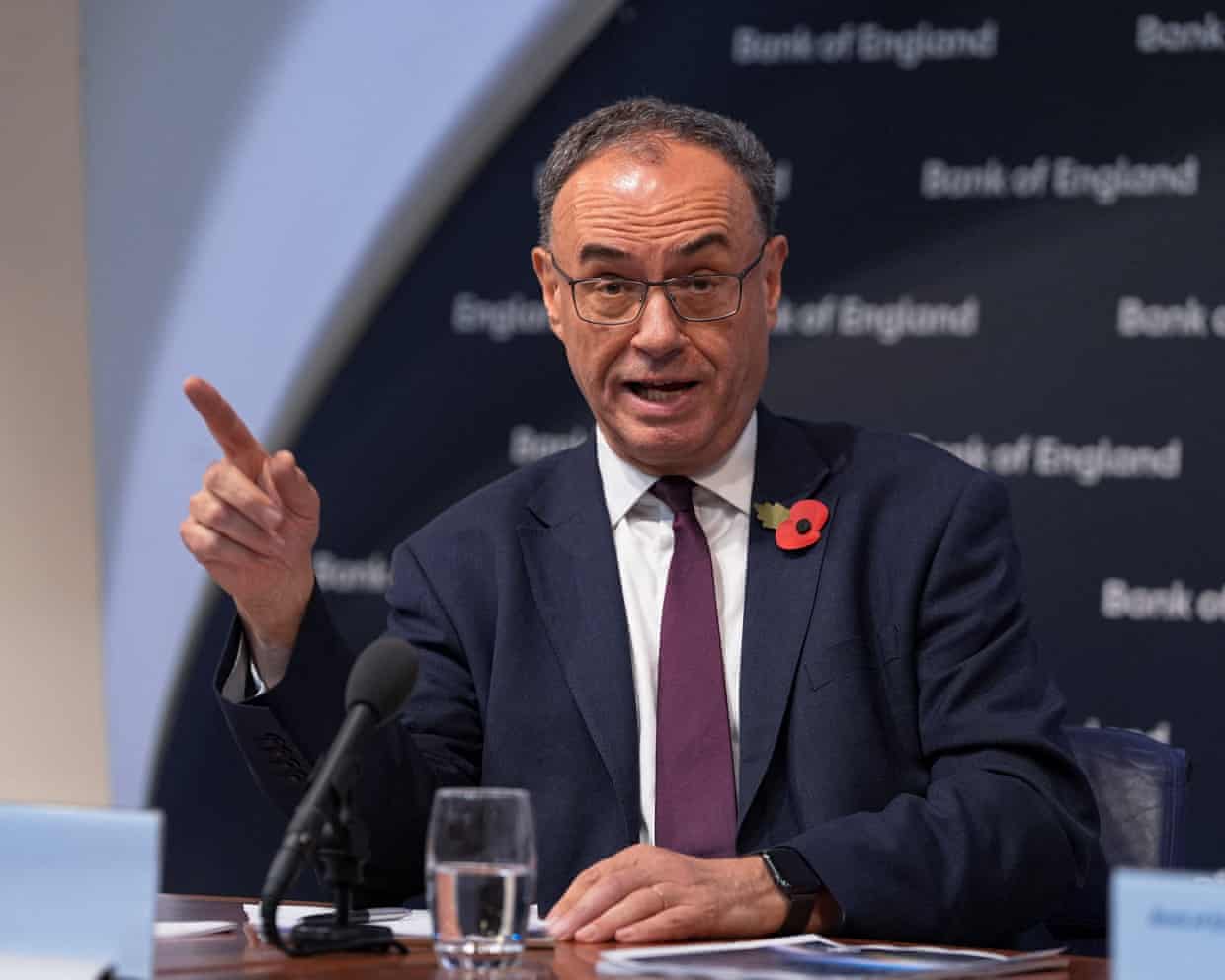
Bank of England says UK inflation has peaked after leaving rates at 4%; US job cuts jump as firms turn to AI – as it happened
Newsflash: The Bank of England believes the recent rise in UK inflation is over.Announcing today’s decision to leave interest rates on hold, the Bank declares “CPI inflation is judged to have peaked.”UK inflation has been recorded at 3.8% in July, August and September – and the Bank is expressing confidence that the process of ‘disinflation’ isn’t over.Its latest Monetary Policy Report, just released, predicts that inflation is likely to fall to close to 3% early next year before gradually returning towards to the 2% target over the subsequent year
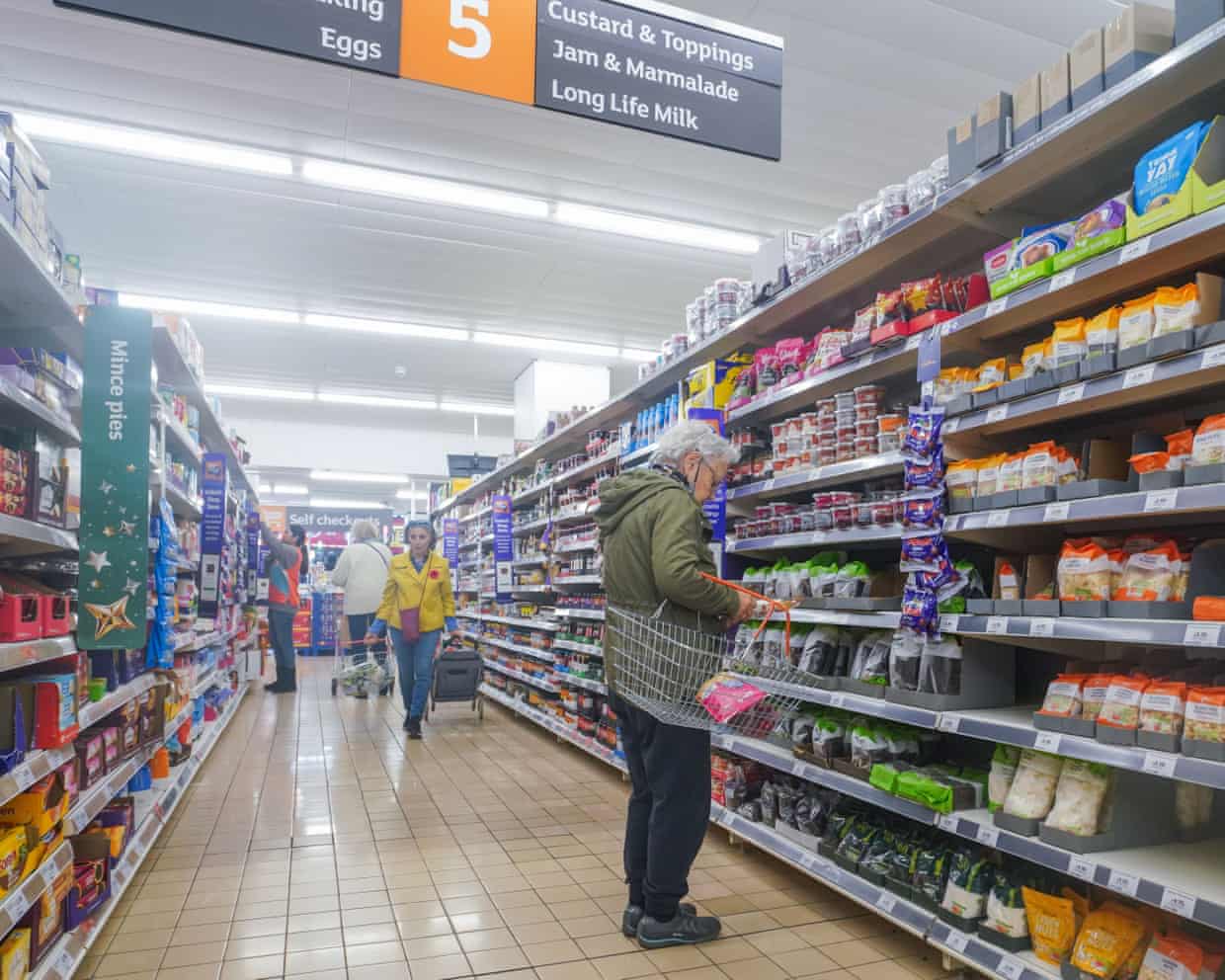
Sainsbury’s says shoppers are delaying spending in run-up to budget
The boss of Sainsbury’s has urged Rachel Reeves not to fuel inflation with tax rises on retailers and their suppliers and says shoppers are delaying spending in the lead-up to her budget later this month.Simon Roberts, the chief executive of the UK’s second biggest supermarket, which also owns Argos and Habitat, said his customers were “going to be cautious on discretionary spending, not least because of uncertainty out there and [household] budgets are tight”.He said Argos had launched its deals for the Black Friday promotional event earlier than last year to try to tempt out shoppers as it was seeing “some delayed spend” while households waited to see if they would have to pay more tax.Roberts said it was not clear if food price inflation had peaked, adding: “The inflationary pressures on cost base have been significant this year … What we don’t want to see [in the budget] is further impacts that may cause further inflation.“No one wants to see inflation go any higher
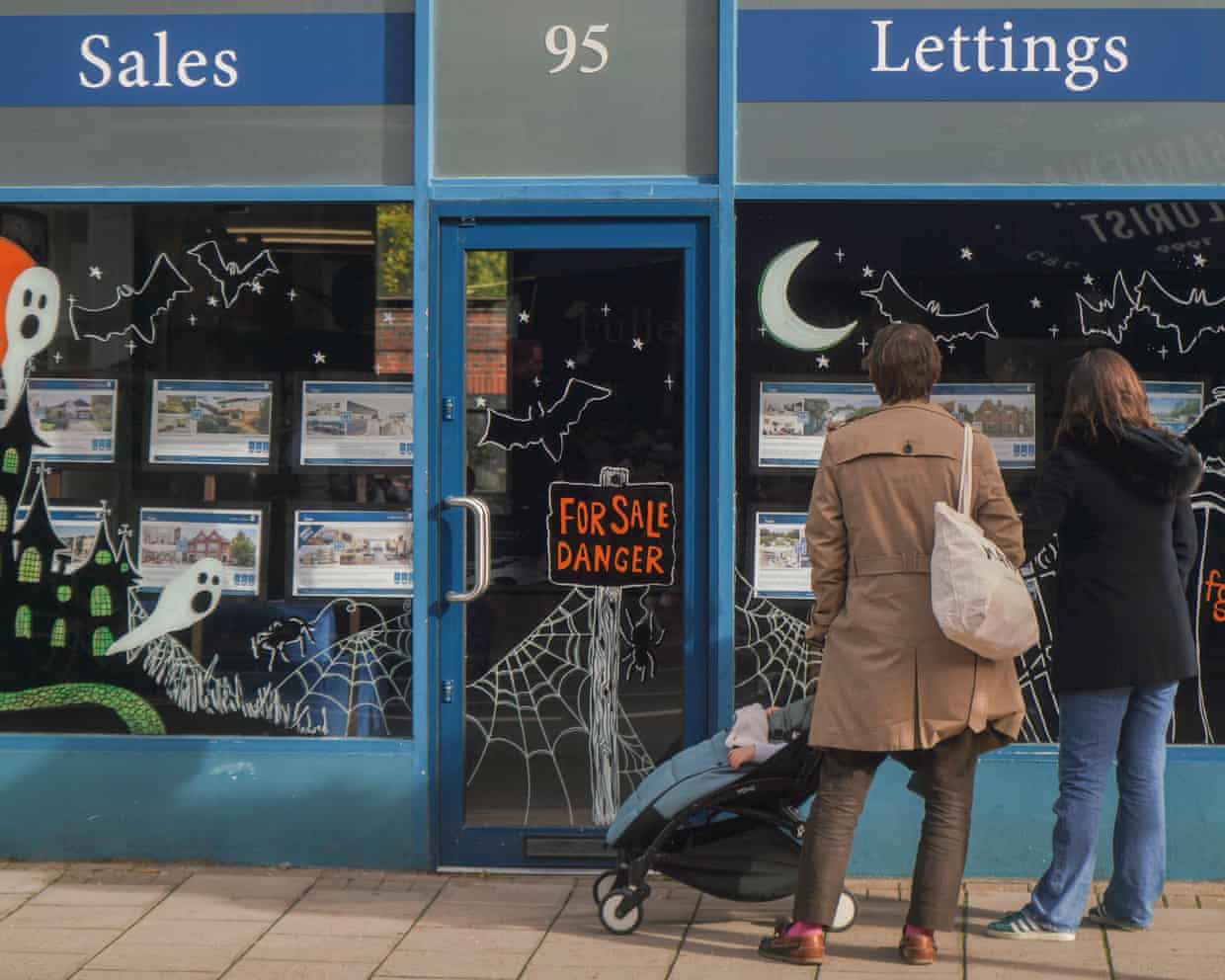
Bank of England’s decision to keep interest rates at 4% is not all doom and gloom
There were reasons to be cheerful contained within the Bank of England’s latest verdict on the outlook for the UK economy, released alongside its decision to leave interest rates unchanged at 4%.Inflation, it said, had peaked at 3.8% and was expected to fall steadily back to the Bank’s 2% target sometime in 2027. That is an improvement on its thinking in August (the last time it published forecasts), when inflation was expected to peak at 4%.As inflation falls, economic growth picks up from 1
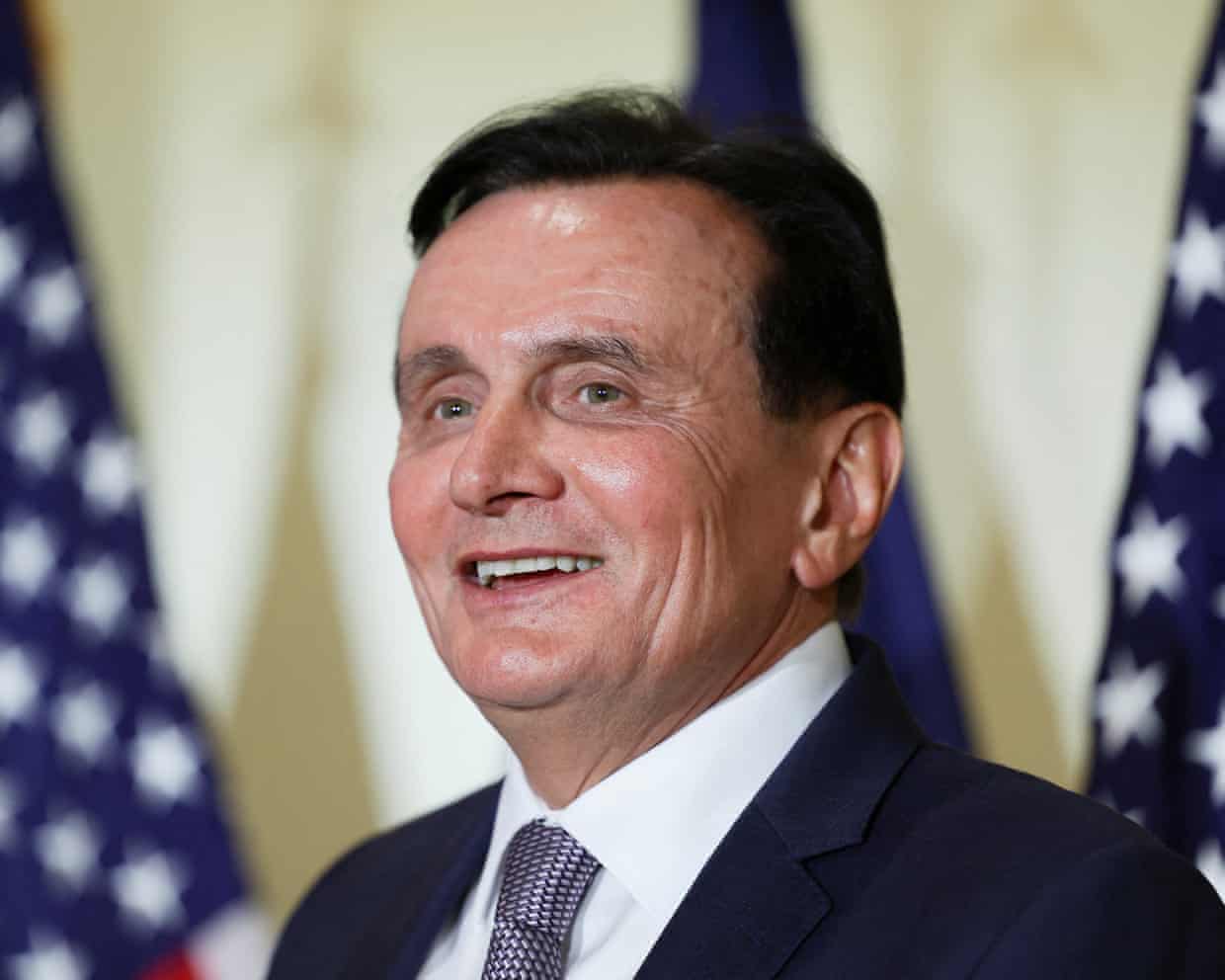
NHS won’t get cutting-edge drugs unless it pays more, says AstraZeneca boss
The boss of AstraZeneca has said that unless the UK ramps up spending on new drugs, it could be on a trajectory to only being able to afford cheap, generic medicines rather than cutting-edge treatments.Pascal Soriot made the remarks amid an acrimonious standoff between the pharmaceutical industry and the government over drug pricing, which has been blamed for drugmakers pausing or ditching nearly £2bn of investments in the UK this year.Britain has been heavily criticised by pharma executives, as well as high-profile scientists such as Sir John Bell, for not spending more on medicines, putting it out of line with other countries.“To say that countries will only be able to afford generics [drugs] is only an extreme case,” Soriot said on Thursday, emphasising that “it’s not the case today of course, but if things continue to deteriorate the way they do … it is actually possible that it happens over time, if the ongoing trend that has been in place for 15-20 years doesn’t change.”Soriot noted that the National Institute for Health and Care Excellence (Nice) cost-effectiveness thresholds for new drugs had not changed for two decades, “and we’ve had a lot of inflation in the last five years”
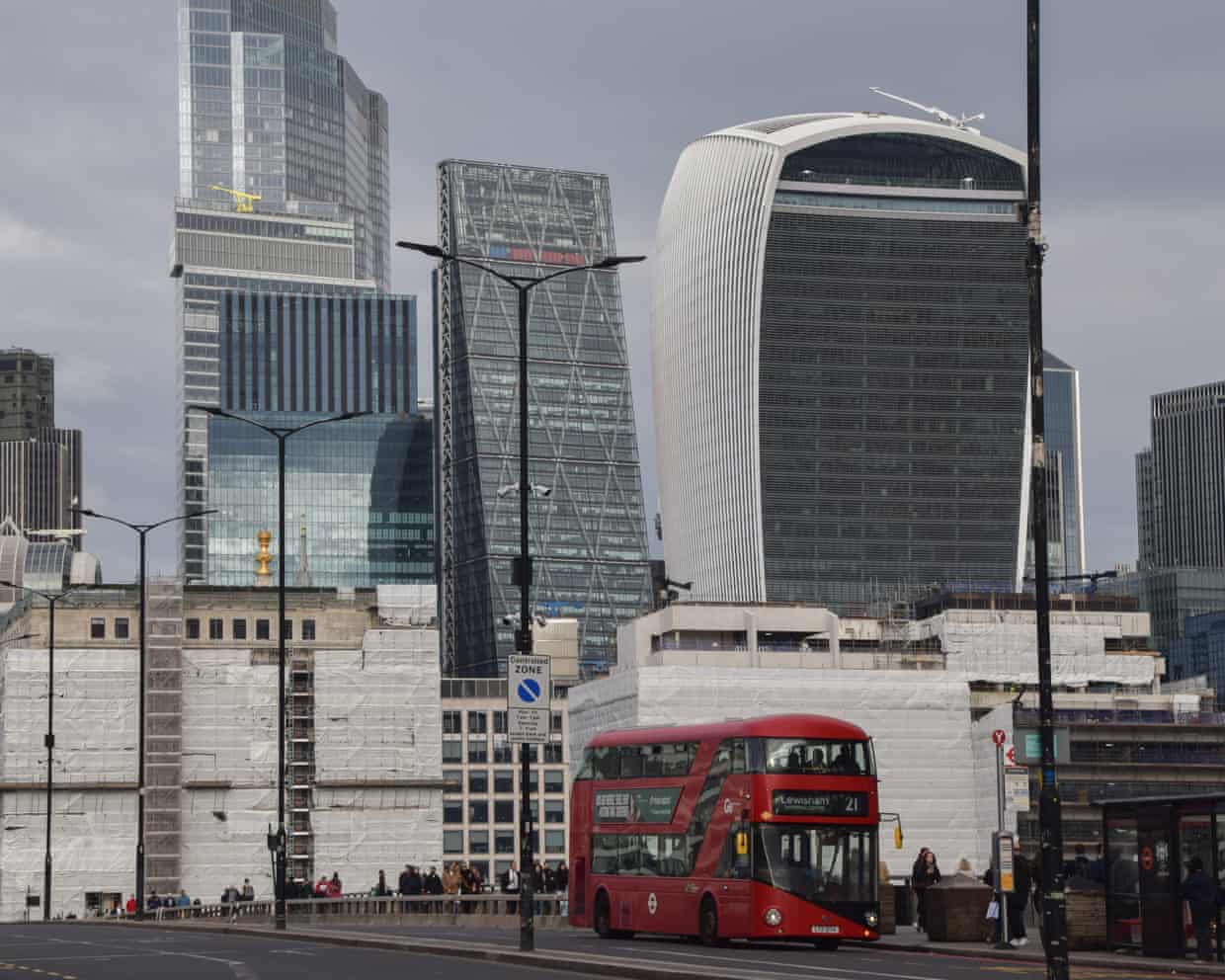
Banks poised to escape tax rises in Rachel Reeves’s budget
The chancellor has decided against increasing taxes on banks in this month’s budget, according to reports, which sent UK bank shares higher on Thursday.Shares in the high street banks NatWest and Lloyds rose by about 2%, putting them among the top risers on London’s FTSE 100.Despite speculation in the run-up to the 26 November budget, Rachel Reeves has reportedly told colleagues that she does not intend to impose further taxes on the UK banking sector, as she wants it to remain competitive to help support economic growth, according to the Financial Times.Banks currently pay a corporation tax rate of 28%, which includes a 3% surcharge on top of the standard corporation tax rate of 25%.Fresh calls for a new tax raid on lenders were raised in August in a paper by the Institute for Public Policy Research thinktank, which calculated such a move could raise as much as £8bn
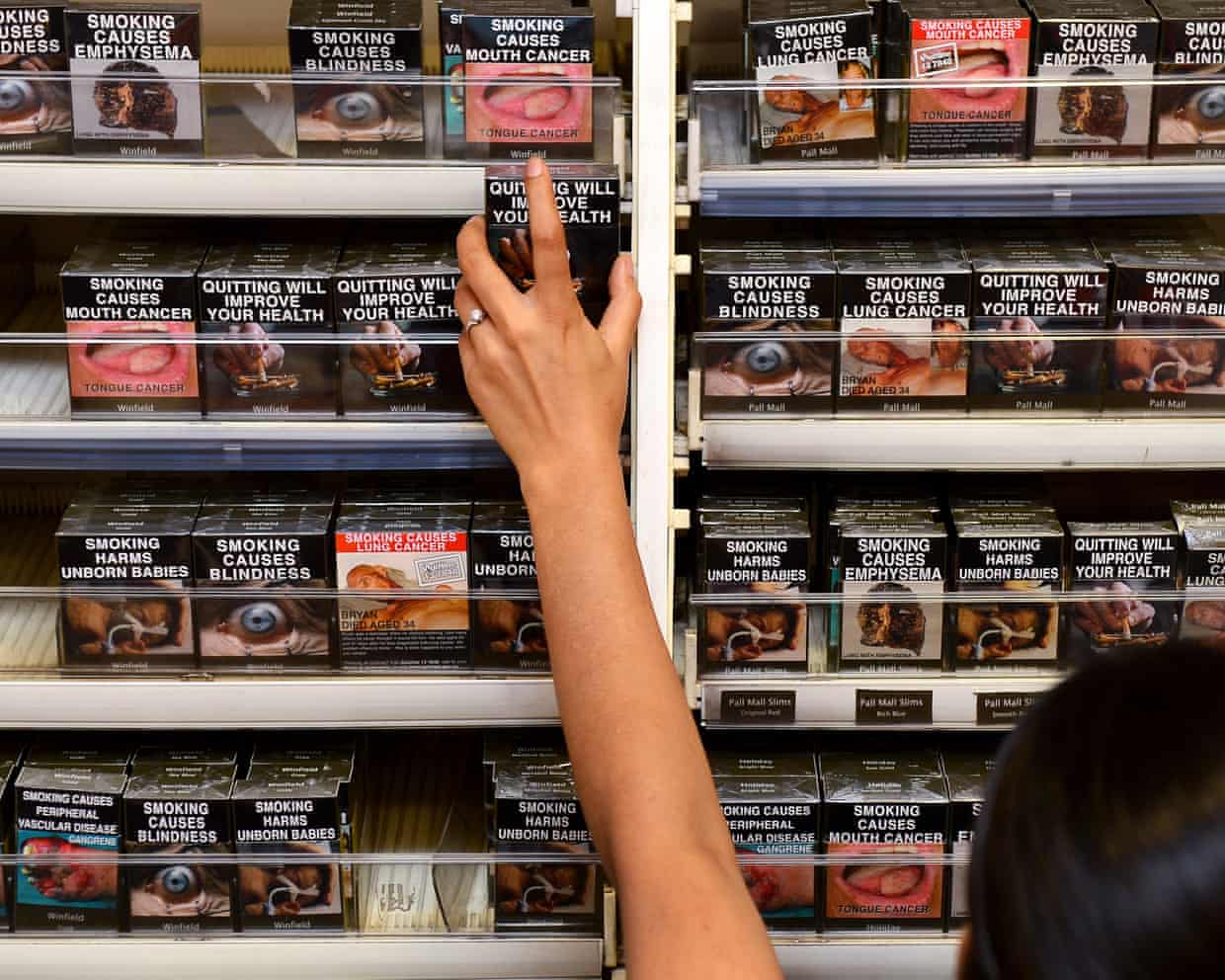
Illegal tobacco burns $3.3bn hole in Australia’s tax revenue, crime agency says
The illegal tobacco market has left a $3.3bn hole in the federal government’s finances, with Australia’s national criminal intelligence agency warning organised crime’s dominance of the market is continuing to grow.The Australian Taxation Office believes the illegal trade now accounts for one in five tobacco sales, which has led to reduced tax revenues despite the government’s excise on legal cigarettes reaching almost $30 for a pack of 20 sticks in September. The excise has increased almost eightfold since 2006, when it was $4.65

Mirepoix kimchi and vegetarian umami chilli: Kenji Morimoto’s recipes for cooking with homemade ferments
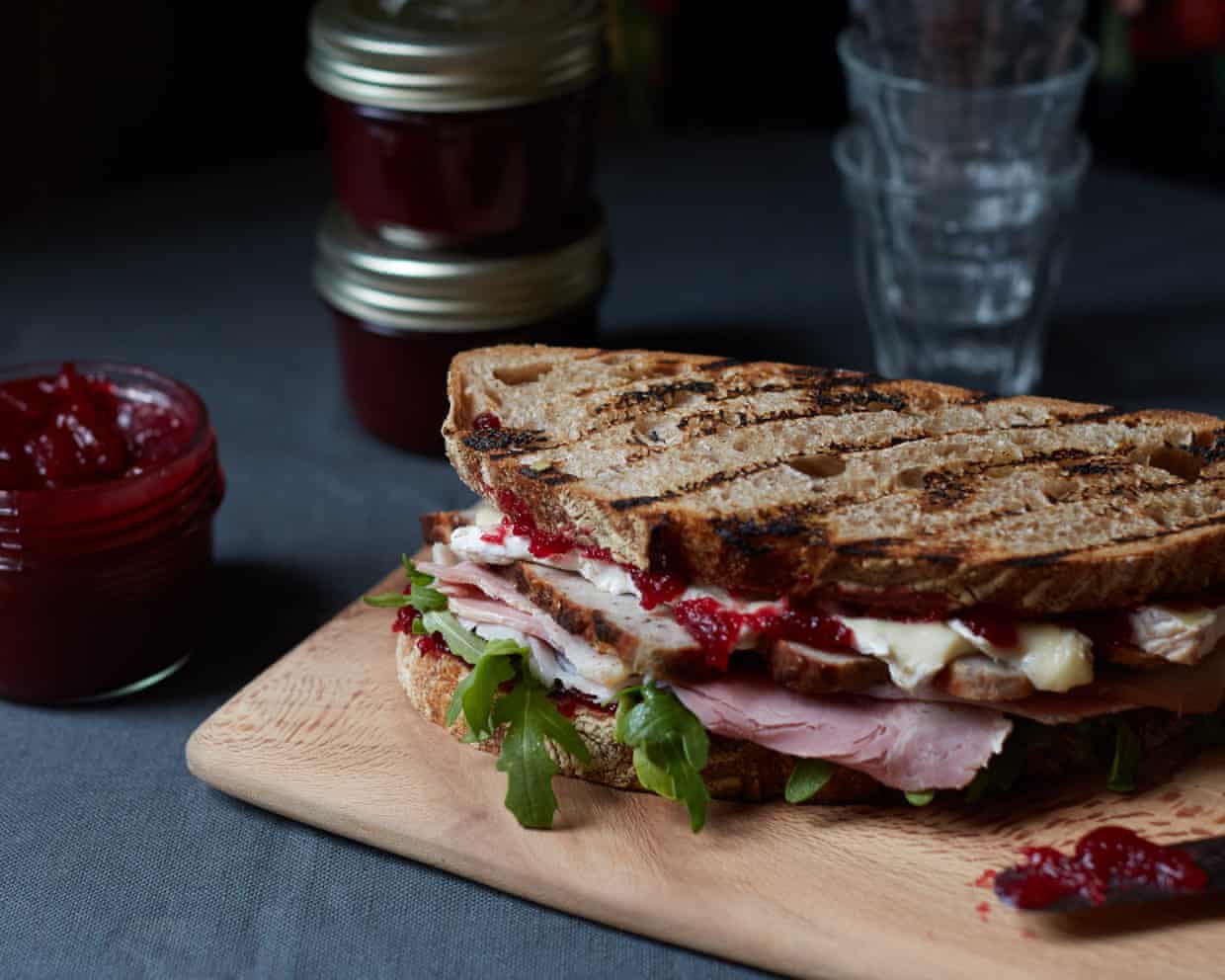
The many uses of leftover chutney, from breakfast to soups and glazes | Kitchen aide
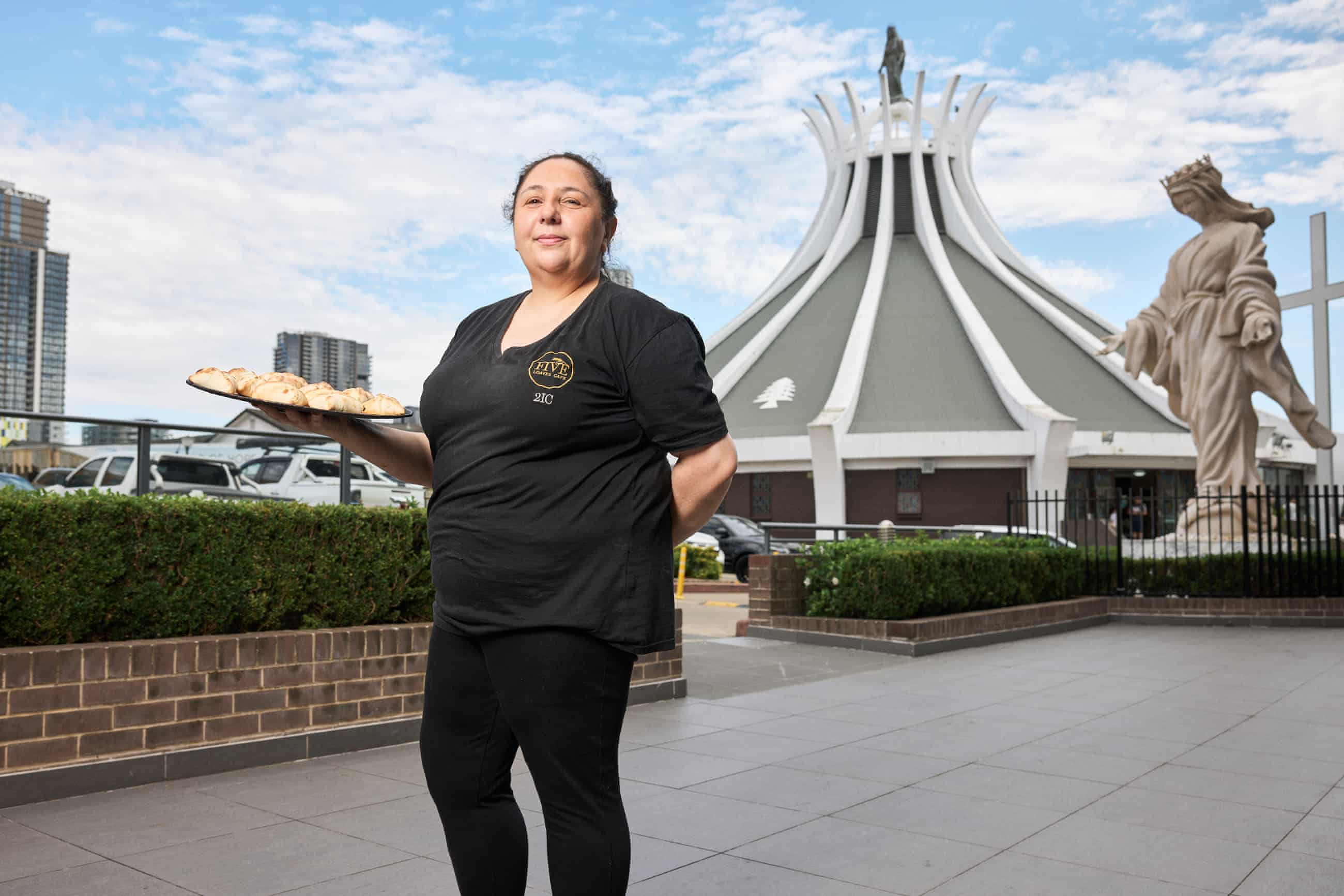
Divine dining: Australian church restaurants claim their own devout followings

How to make rotis – recipe | Felicity Cloake's Masterclass

Pancakes, cheesecakes, dips, breads, mousses and … ice-cream? 17 mostly delicious ways with cottage cheese
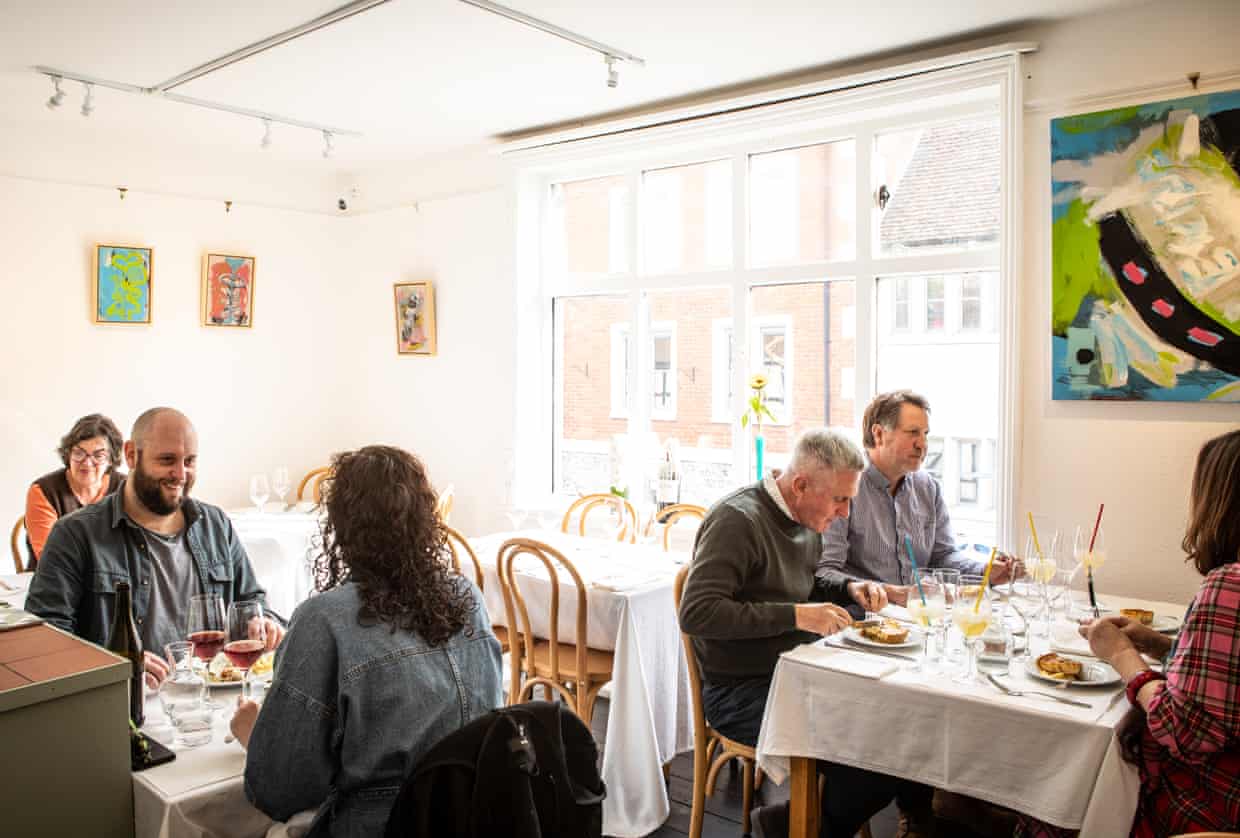
Franc, Canterbury, Kent: ‘Just great, great cooking’ – restaurant review | Grace Dent on restaurants